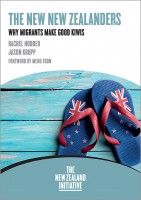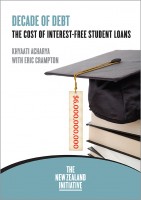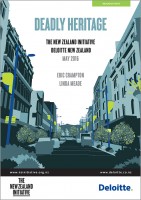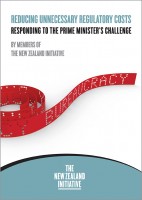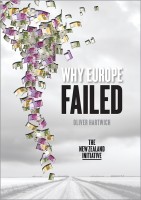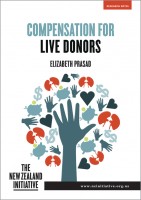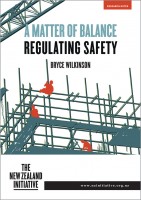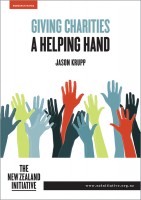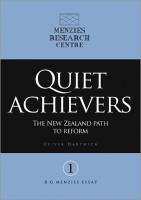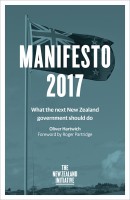
Manifesto 2017: What the next New Zealand government should do
Manifesto 20217: What the next New Zealand government should do, spells out what The New Zealand Initiative expects the next government to tackle after the 2017 General Election. It is immaterial to us which parties form the government. Read more



